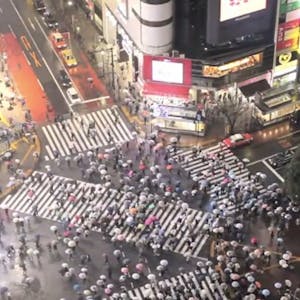Population, Food, and Soil
About this Course
This course explores the population-environment relationship. In this course, you will learn about the human population and the ways in which changes in the population affect the environment. Agriculture, soils, and the environmental implications of eating meat, vegetables, local, organic, sustainable, industrial, and other types of food are discussed too. We explore questions such as: 1. How many people live on Earth right now? 2. What is the carrying capacity of Earth? 3. What is the relationship between the number of people, where they live, the resources they consume, and their environmental impact? 4. What types of agriculture are used right now? 5. What is the difference between organic and conventional agriculture? 6. Why would you want to dig a soil pit? A conversation with Phil Connors, an Australian Environmental Scientist, will explore the topic of human population and sustainability. You will also listen to the conversations with Danielle Allen, an organic farmer, and Justin Richardson, a soil scientist.Created by: Dartmouth College

Related Online Courses
Want to take the first steps to become a Web Developer? This course will help you discover the languages, frameworks, and tools that you will need to create interactive and engaging websites right... more
Master the world of Large Language Models through this comprehensive specialization from Coursera and Duke University, a top Data Science and AI program. Dive into topics ranging from generative AI... more
This is a self-paced lab that takes place in the Google Cloud console. In this lab, you will explore the Vertex AI Embeddings API for both Text and Multimodal (Images and Video) use cases.Created... more
This course will provide you with an overview over existing data products and a good understanding of the data collection landscape. With the help of various examples you will learn how to identify... more
Will ArtificiaI Intelligence soon be surpassing humans? This is rapidly becoming one of the central questions of our time -- but it is the wrong question. In this course, we will provide a... more








